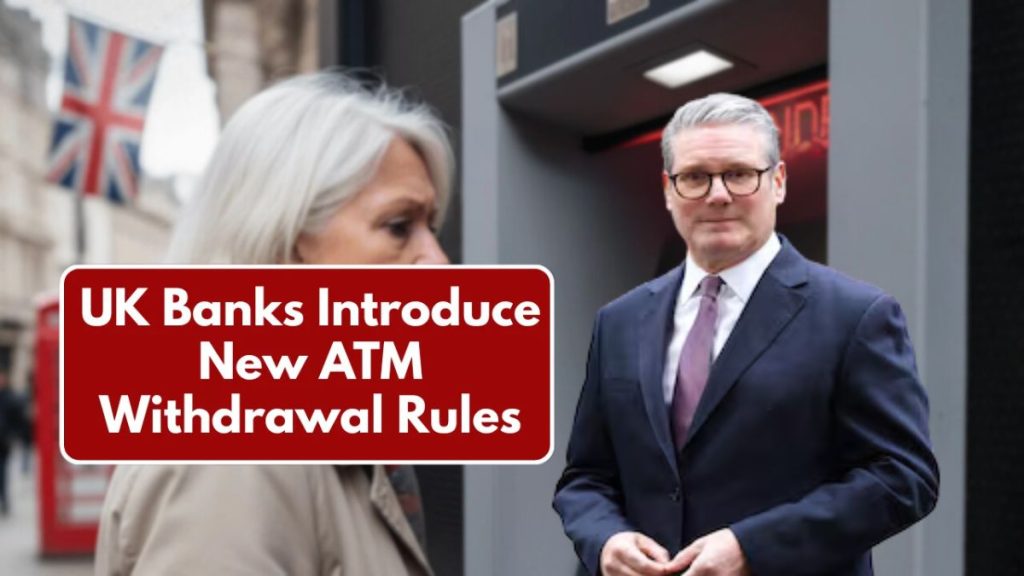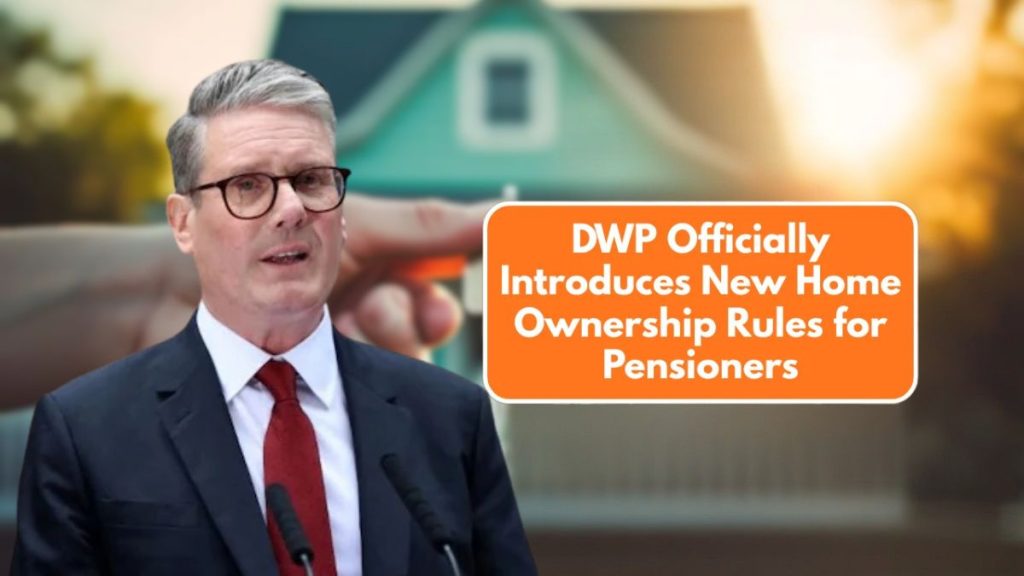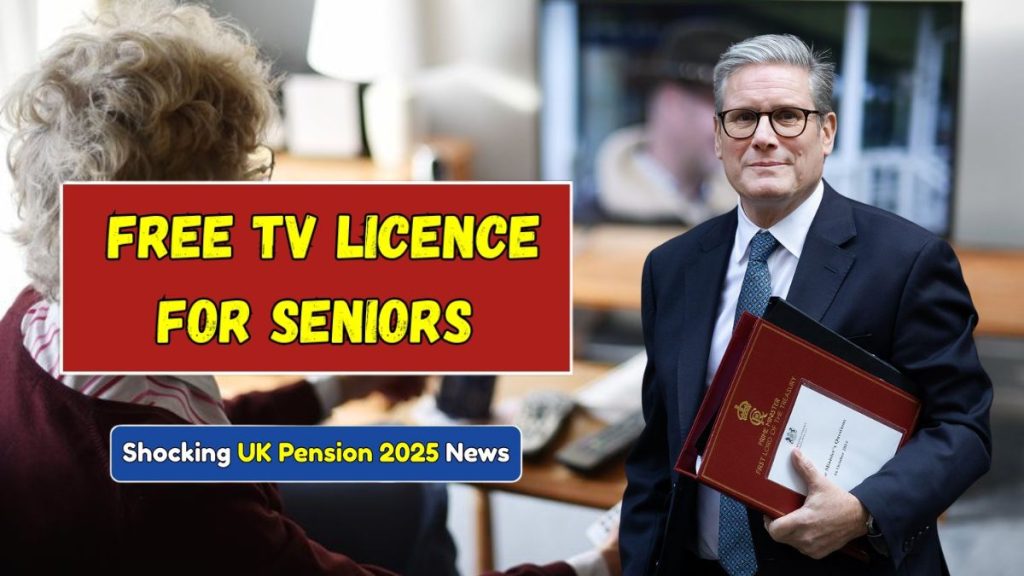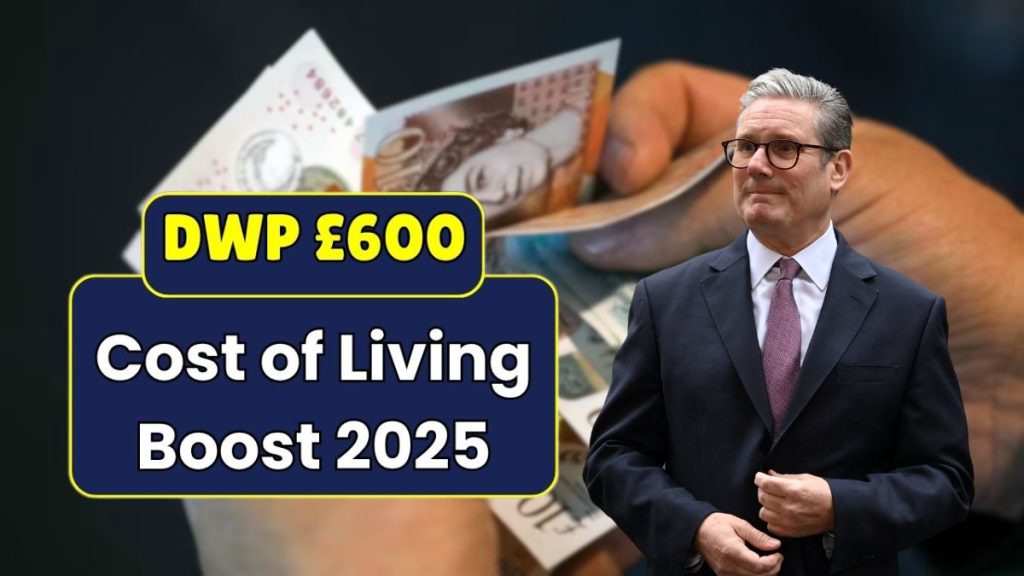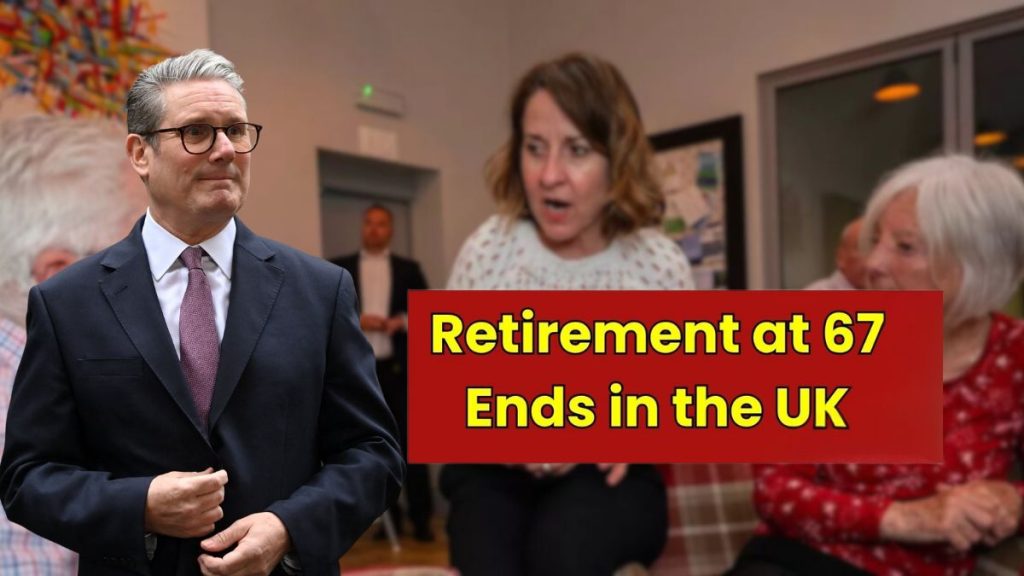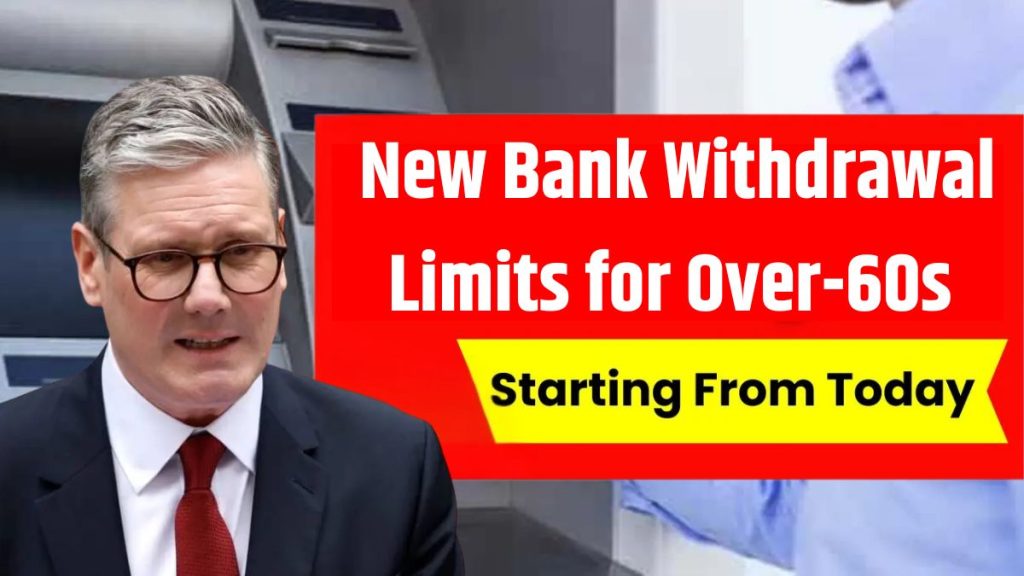Millions of families across the UK are receiving a welcome financial lifeline this November, as the Department for Work and Pensions (DWP) rolls out a £450 cost of living payment. Designed to help ease the pressure from rising energy costs and grocery bills, the one-off payment is hitting bank accounts just as temperatures begin to drop.
This relief package is automatic for most eligible recipients—no need for application forms or follow-up calls. If you’re already receiving certain benefits, chances are the payment is on its way. Here’s everything you need to know about eligibility, payment dates, and what to do if you don’t receive it.
Government Launches £450 Support for Struggling Households
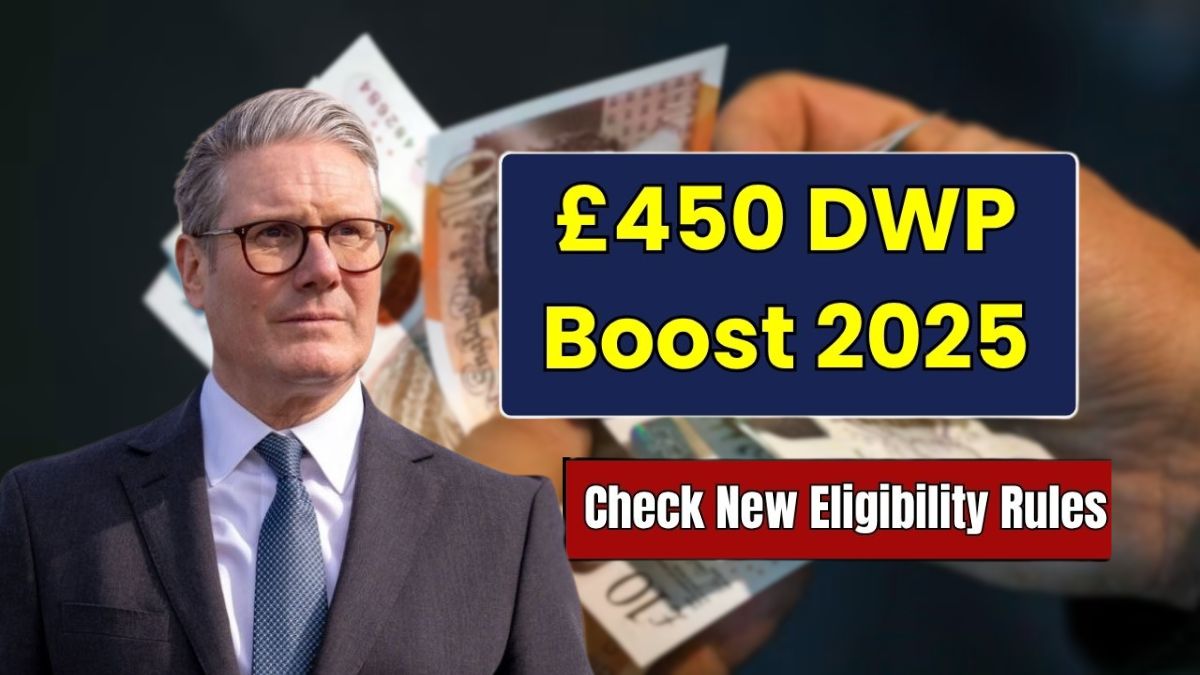
The £450 cost of living payment is part of a broader support programme to help low-income households and pensioners manage rising inflation and utility bills this winter. The DWP has estimated that around 6 million people will benefit from this payment.
Unlike a loan, this cash injection does not require repayment and does not affect tax liabilities or future benefits. It is entirely tax-free and separate from regular benefits like Universal Credit or Pension Credit.
Why This Payment Is Needed Now
The timing of this benefit is no coincidence. The UK has seen a 10% increase in energy prices this autumn, while food prices remain high. For many households, the cold months ahead will bring a significant financial burden. The government believes this payment will help cover essential monthly costs such as heating and groceries.
The increased payment amount—up from £300 last year to £450 this time—reflects the government’s intention to match rising living expenses. According to Treasury sources, the funds come from a Spring Budget surplus, ensuring that this initiative won’t impact other services.
Who Is Eligible for the £450 Cost of Living Payment?
Eligibility is mostly determined by your benefit status during a specified qualifying period. You qualify if you were receiving one of the following benefits recently:
| Benefit Type | Examples of Eligibility |
|---|---|
| Universal Credit | Full or limited awards |
| Pension Credit | Guarantee or Savings Credit |
| Income Support | All claimants |
| Jobseeker’s Allowance | Income-based only |
| Employment Support Allowance | Income-related only |
| Tax Credits | Working or Child Tax Credit over £26/year |
To be eligible, you must have received the benefit during a designated window—typically in the past couple of months leading up to November 2025. The payment is issued to the main account holder listed on the benefit claim.
Importantly, this payment is uniform across the UK—meaning the same rules apply whether you live in England, Scotland, Wales, or Northern Ireland.
How and When the £450 Will Be Paid
The payment process is staggered to prevent backlogs and banking errors. Most beneficiaries will begin receiving the funds starting Monday, 18 November 2025, with the timeline depending on which benefit you receive.
Here is the official DWP payment schedule:
| Benefit | Payment Window |
|---|---|
| Universal Credit | 18–25 November 2025 |
| Pension Credit | 20–28 November 2025 |
| Tax Credits | 22 November – 5 December 2025 |
| Other DWP Benefits | 19–30 November 2025 |
Most payments will appear in your regular bank account, clearly marked as a DWP transaction. If there are any delays due to incorrect bank details or recent changes in claims, beneficiaries are advised to contact the DWP.
No Application Needed: Automatic Delivery for Eligible Claimants
The government has emphasised that no additional paperwork or application is required to receive this benefit. If you’re eligible, the payment will be automatically deposited into your account.
However, it’s important to:
- Ensure your bank account details on file are correct
- Log in to your Universal Credit journal or HMRC account to verify information
- Be cautious of scams—the DWP never asks for personal info via text or email
Real-Life Impact: What Families Are Saying
From pensioners to young families, the £450 payment is already making a difference. One pensioner in Manchester shared that last year’s payment helped her afford heating during Christmas. This year’s increase provides even more breathing space for those living on tight budgets.
For many, it’s not just about money—it’s about relief, dignity, and getting through winter with a little less stress.
What to Do If You Haven’t Received the Payment
If you believe you qualify but haven’t received the payment by early December, you should:
- Contact the DWP directly on 0800 169 0310
- Check your online benefit portal for updates
- Ensure there are no issues with backdated claims or banking information
Officials have built in buffer periods to accommodate delays, but it’s important to act early if something seems wrong.
Why £450? The Reason Behind the Number
The £450 figure wasn’t chosen at random. It reflects estimates of monthly household costs for energy, food, and other essentials under current inflation trends. Government analysts believe this amount will help cover one month’s basic needs for millions of UK households.
It also builds on past rounds of Winter Fuel Payments, Warm Home Discounts, and other cost of living schemes introduced over the last two years.
Linked Support Measures to Know About
The £450 payment is just one part of a broader network of support. Additional schemes include:
- Warm Home Discount Scheme
- Cold Weather Payments
- Council Tax Rebates
- Winter Fuel Payments for Pensioners
These programs work together to protect vulnerable populations, especially the elderly, disabled, and low-income families.
What Should You Do Right Now?
To make sure you’re ready for this and any future support:
- Log into your GOV.UK account to verify your benefit details
- Update your bank account info if it has changed recently
- Contact Citizens Advice if you’re close to the qualifying thresholds
- Warn others about scams and only trust official sources
- Help neighbours and family members who may not be digitally active
Looking Ahead to Winter and Beyond
While this one-off payment won’t fix the cost of living crisis, it offers much-needed relief for many families as they brace for the cold season. There is speculation that more payments could be announced in 2026, possibly linked to green energy incentives or housing support programmes.
Until then, this £450 payout stands as a timely reminder that government assistance is still available, and communities are not alone in the fight against rising costs.
5 Important FAQs
1. Do I need to apply for the £450 cost of living payment?
No. The payment is automatic for those receiving qualifying benefits during the eligibility window.
2. Will the £450 payment affect my other benefits or taxes?
No, it is non-taxable and does not count as income or affect your other benefit entitlements.
3. When will I receive the £450 in my bank account?
Most payments begin from 18 November 2025, depending on the benefit you receive. Check the table above for specific dates.
4. What if I’ve recently started claiming a benefit—am I still eligible?
Yes, if your claim falls within the qualifying period, you are likely eligible. Check your benefit award letter or online account.
5. What should I do if I haven’t received the payment by early December?
Call the DWP helpline at 0800 169 0310, or log into your online portal to check for errors or delays.










